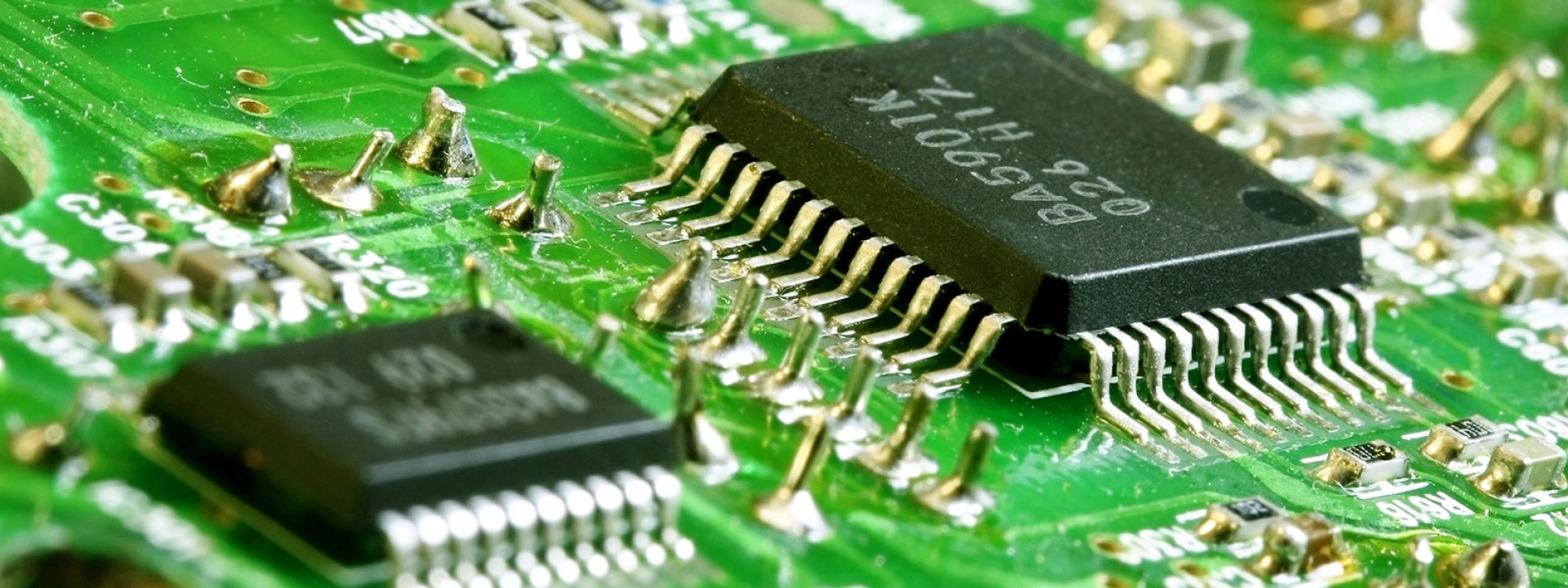News & Events
The annual output value of Taiwan's automotive electronics exceeded NT$250 billion (US$8.99 billion) in the past year, and there is an opportunity to double growth in the coming four to five years, reaching more than NT$600 billion, according to presidential senior advisor Lin Hsin-i.
For Taiwan to have an advantage in the EV supply chain, it is crucial that companies work together. Speaking at an event marking the 20th anniversary of Monte Jade Science & Technology Association of Taiwan, Lin emphasized that Taiwan should not focus on making a single component, but build modules, integrate software and not waste resources. Instead, companies should focus on what they do best and then integrate that into the system sales.
In response to Taiwan's advantage in the EV industry, Jerry Wang, president of the Automotive Research and Testing Center (ARTC), noted that in the past, vehicle specifications were mostly set by traditional automakers. Tier 1 manufacturers of automotive components had fixed cooperation models and amounts of orders, which made it difficult for Taiwan makers to get in.
According to data from DIGITIMES Research, the need for IC controllers will increase as cars develop toward electrification, automation and intelligence. Focus will shift to smart controllers for power systems, motor systems, charging systems, reduction drives, brake systems and suspension mechanisms.
Automotive electronics accounted for 27% of a car's production cost in 2010 and rose to 40% in 2020. These numbers are expected to increase to 50% by 2030 and 70% by 2050.
Wang believes that from a geopolitical point of view, Taiwan has an advantage due to the ongoing US-China trade war. As a result, European and US automakers now are less inclined to work with China-based manufacturers. Additionally, Southeast Asian countries are typically not strong in information and communications technology (ICT). Japan and South Korea have their own automakers, which raise concerns about conflict of interests among European and US manufacturers wishing to work with them. Such concerns provide a big opportunity for Taiwan-based companies.
Even with Taiwan's 50 years of experience in the ICT industry, Lin still suggests that government, industry and academia work together in order to improve the efficiency from R&D to manufacturing. Only then can it make up for the weak areas of Taiwan's advanced driver assistance system (ADAS) supply chain, including LiDAR, millimeter-wave (mmWave) radar and some sensing components that still rely on imports.
In August 2021, Taiwan's cabinet officially included net zero carbon emissions in the Greenhouse Gas Reduction and Management Act to promote reaching its goal of net zero carbon emission by 2050, making electrification and green energy a top priority.
EVs have become the latest technological fad. Not only has Hon Hai Precision Industry (Foxconn) been promoting its MIH EV open platform, other major communications and electronics companies are also making a push.
By DIGITIMES






